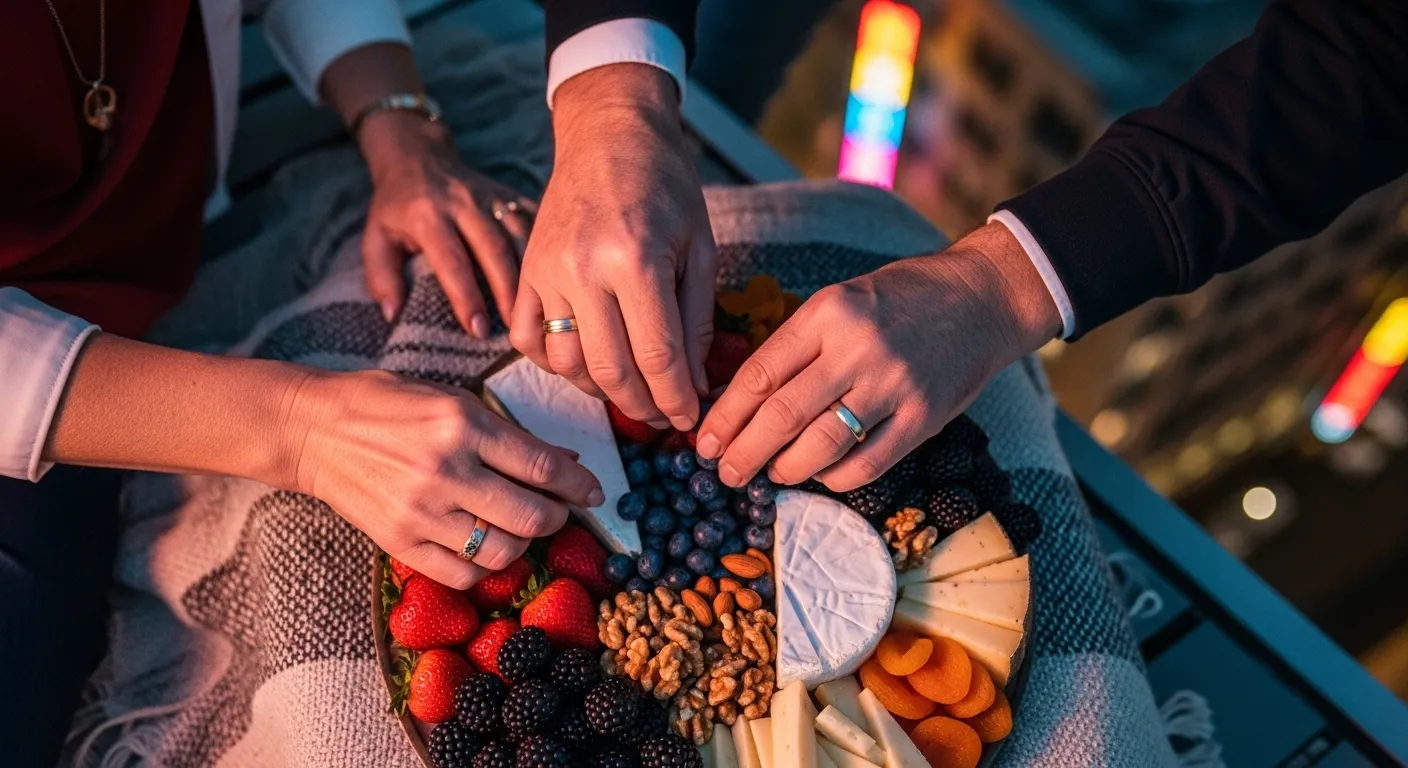
Frequently Asked Questions
Is all fruit bad for people with diabetes?
Not at all! This is a common myth. While fruit does contain natural sugar, it’s also packed with essential vitamins, minerals, and fiber. The fiber is key, as it slows down sugar absorption and prevents sharp blood sugar spikes. The best choices are whole fruits with a lower glycemic index, like berries, cherries, apples, and pears. The key is portion control. It’s better to eat a whole apple than to drink apple juice.
What about artificial sweeteners? Are they a safe alternative?
Artificial sweeteners like aspartame and sucralose don’t raise blood sugar, so they can be a useful tool for some people. However, research on their long-term health effects is ongoing and mixed. Some studies suggest they may affect gut bacteria and even increase cravings for sweet foods. It’s often best to focus on reducing your overall reliance on intense sweetness and learning to enjoy the natural flavors of whole foods instead.
How can I manage my sweet cravings in a healthy way?
Cravings are normal! Instead of reaching for a sugary, processed snack, try to have a healthier option ready. A small bowl of berries with a dollop of plain Greek yogurt can be very satisfying. A handful of almonds or a warm cup of herbal tea with cinnamon can also help curb a craving. Often, we crave sugar when we are tired or dehydrated, so make sure you are getting enough sleep and drinking plenty of water throughout the day.
Disclaimer: This article is for informational purposes only and does not constitute medical advice. Always seek the advice of your physician or other qualified health provider with any questions you may have regarding a medical condition.













